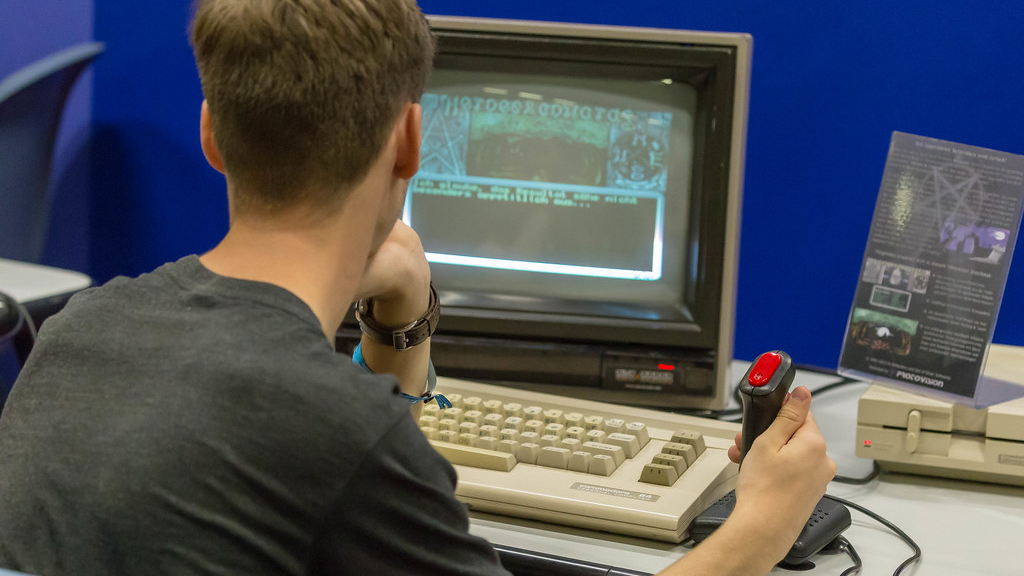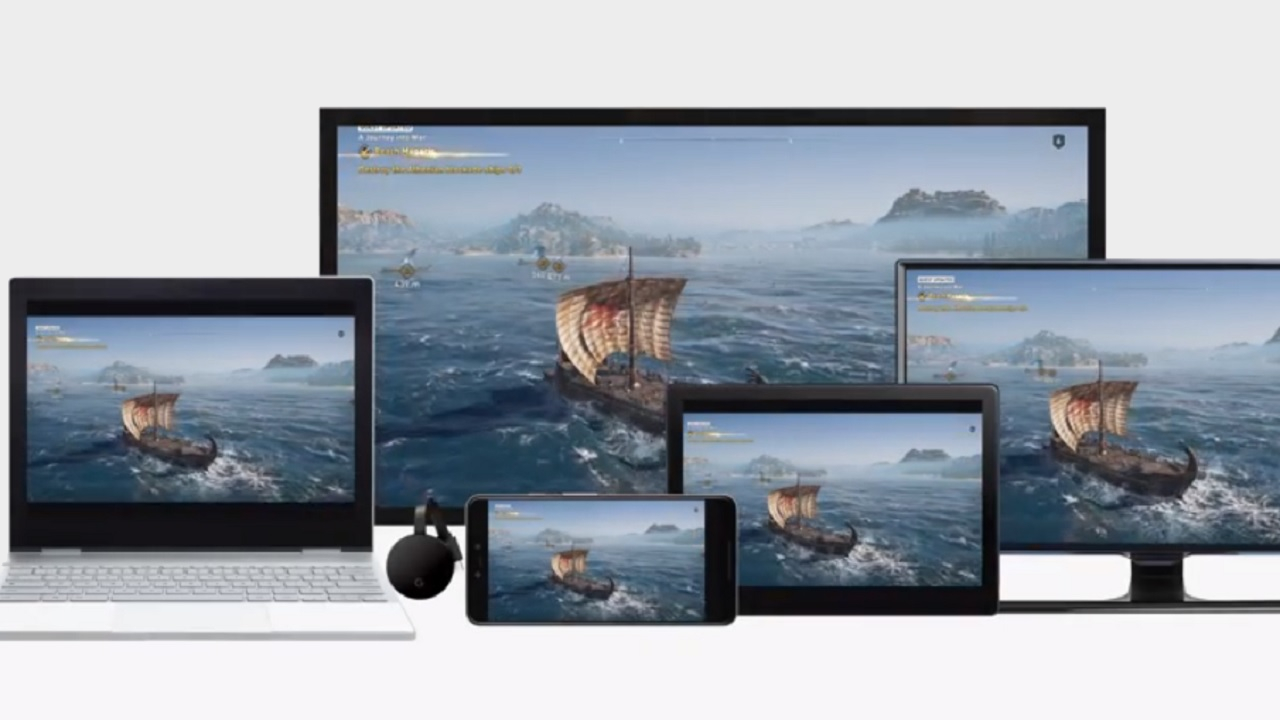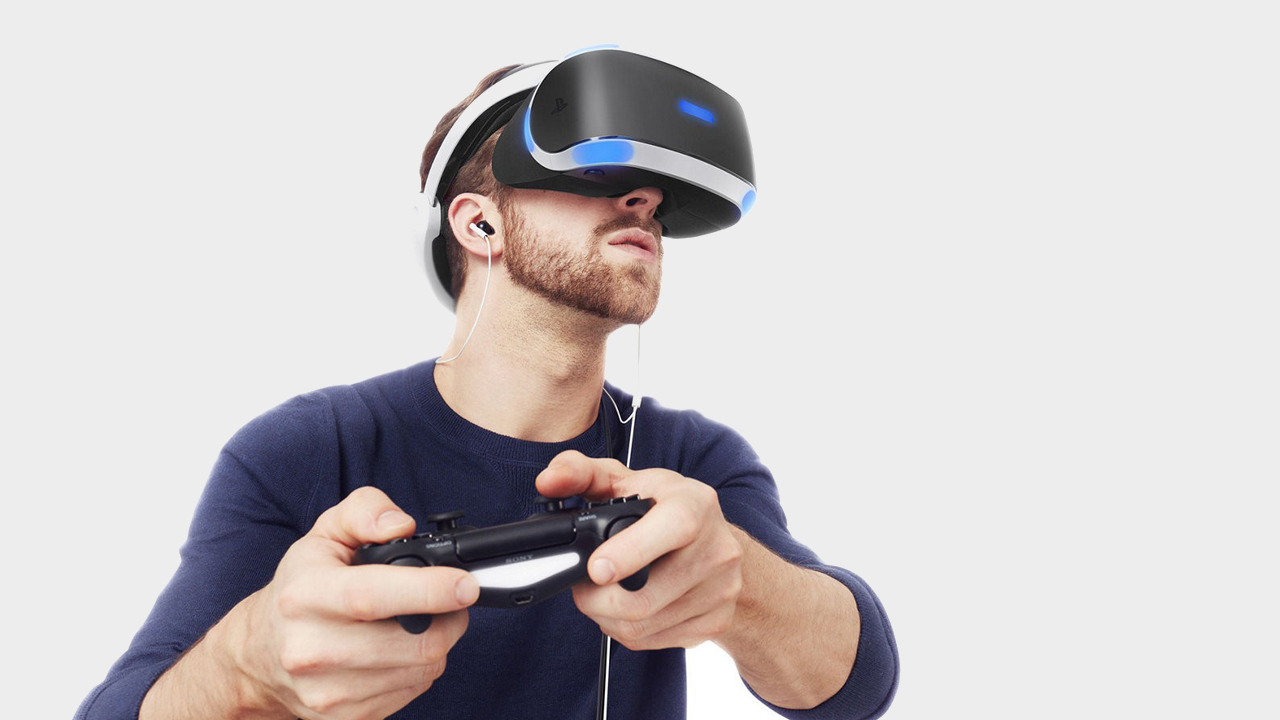What the advent of 5G means for gaming
With 5G poised to dramatically change the mobile landscape, we dive into what it means for our favorite hobby

Ready or not, the era of 5G internet (and by extension, 5G gaming) is almost upon us. The promise of 5G applies to more than the evolution of the best gaming routers out there. It means that faster, more reliable connections for home internet, smartphones, and other compatible devices is on the very near horizon - including, potentially, 5G gaming on future consoles or gaming PCs. In fact, the 5G era is already hurtling towards us at top speed, set to deploy broadly across the world in 2020. Even now, it's being tested on a large scale in select markets in the US, UK, and China, three of the nations primed to spearhead the full rollout. Faster networks don't just mean that getting directions or finding new restaurants with your phone will be streamlined, there are massive implications inherent in our 5G gaming future hinged on speedier data transfer, lower latency, and broader coverage.
The move to 5G will mean average download speeds around 1Gbps, which is at the very high end of what current advanced 4G LTE (Long-Term Evolution, a standard for wireless broadband communication) networks can achieve. But its real value proposition is its millimeter wave frequencies, the space above 6GHz. Because higher frequencies are largely uninhabited, there's a lot of real estate to create massive channels for data moving at rates up to 20Gbps – in practical terms, just imagine downloading a full 4K film in less than ten seconds.

As we look forward to 5G, let's also look back at the gaming tech from bygone eras that we still miss today.
- Find out why 5G is one of the biggest gaming tech trends of 2019
Establishing networks in that range will, however, require additional infrastructure. As 5G is established and expands, expect to see a distributed net of antennas popping up, particularly in dense urban areas (though in many cases this will just mean adding hardware to existing sites). 5G eschews the need for massive cell towers (yet at lower frequencies those towers will still be essential for broadcasting signal, particularly in rural areas) and relies instead on smaller cells built around more advanced antennae.
5G has broad implications for an increasingly connected world, from more intelligent, self-driving smart cars that can seamlessly communicate with each other, to automating shipping and industrial hubs, down to smart bandages that relay a constant stream of information about a wound to doctors and healthcare professionals. But what does widespread adoption of 5G portend for gaming?
The importance of latency

While speed may be the sexy headline feature marketers will lean on to sell 5G to consumers, one of the most exciting features of 5G networks for gamers will be the promise of extremely low latency. Reducing latency is the cornerstone around which game streaming platforms will be built, and with 5G promising latency in the sub-1ms range, it will likely be core to any interactive streaming solution that emerges in the next five years.
The other advantage of extremely low latency is the ability for developers to offload some of the computational workload from a device. If it's possible to relay data more quickly between the source and a device, then a larger share of the processing can be done remotely. This is especially important for mobile devices, which simply don't have the battery or thermal capacity to, for instance, render a triple-A title at 4K or 8K without completely melting down. The rise of edge computing, processing done by smaller, closer devices rather than by a massive data center that could be tens or hundreds of miles away, could pair with 5G networks to unlock experiences on mobile devices that were previously impossible.
According to Eric Futoran, the CEO of Embrace, a platform for mobile app health and optimization, "the biggest limitation for all mobile apps is not processing or phone form factors, but the pipe in which data is transferred. Your phone is powerful and runs a ton of apps that all battle for a limited resource – network bandwidth. Picture a small pipe in which all the data is flowing ... this is why we often see games slow down, eCommerce apps freeze on startup, video streams appear pixelated or not run at all. While 5G is not necessarily increasing the size of the pipe, edge computing will have the effect of completing many of the network requests more quickly and improving apps' ability to stream. The overall effect is more data will pass faster."
Sign up to the GamesRadar+ Newsletter
Weekly digests, tales from the communities you love, and more
This means that whole genres could be unlocked for mobile users that have been, if not completely unavailable, extremely rare.
"Not only will games and other apps run faster and be more responsive," Futoran says, "but also new genres may be unlocked, like real-time shooters, and cross-platform gameplay could become an actual reality." A future where console and PC players are directly competing with gamers on their smartphones is starting to sound less like the ravings of a madman and more like a practical inevitability.
5G isn't just for mobile

Of course, low latency and higher speed aren't just boons for mobile gamers. With the launch of Google's Stadia streaming platform looming, and Nvidia's GeForce Now, Sony's PlayStation Now, and a growing pack of other 'Netflix for gaming' solutions materializing for both consoles and PCs, the conversation about the importance of reliable internet for gaming is reaching a brand new fever pitch. During the Stadia announcement, Google execs promised an 8K streaming future, which is virtually impossible on current network standards but precisely the sort of thing 5G could unlock for us.
Eliminating latency is especially crucial in VR and AR applications, and 5G could mean a breadth of virtual or augmented multiplayer experiences that are currently implausible. With the rise of highly capable, fully standalone VR headsets, a mobile network that can connect users without immersion-breaking (and nausea-inducing) lag is becoming nearly mandatory. Early on, hardware designers realized the importance of high frame/refresh rates to mitigate the jarring effect of stuttering in VR experiences, and eliminating network latency is the other side of that coin for multiplayer applications.
Will 5G completely revolutionize gaming and change the way we play forever? Maybe not, but it is another step towards the properly wireless future we all deserve, and could potentially be another nail in the coffin in the traditional console model we've all gotten so comfortable with across the past couple decades. Imagine an era of 5G gaming where you don't need to invest $500 in a brand new console every couple of years, but for the price of a tiny streaming device can access all of the hottest triple-A titles in seconds, with not lengthy wait as games download and install. 5G presents this and many other tantalizing possible futures, and we'll see them taking shape much more quickly than you might expect.
Alan Bradley was once a Hardware Writer for GamesRadar and PC Gamer, specialising in PC hardware. But, Alan is now a freelance journalist. He has bylines at Rolling Stone, Gamasutra, Variety, and more.



